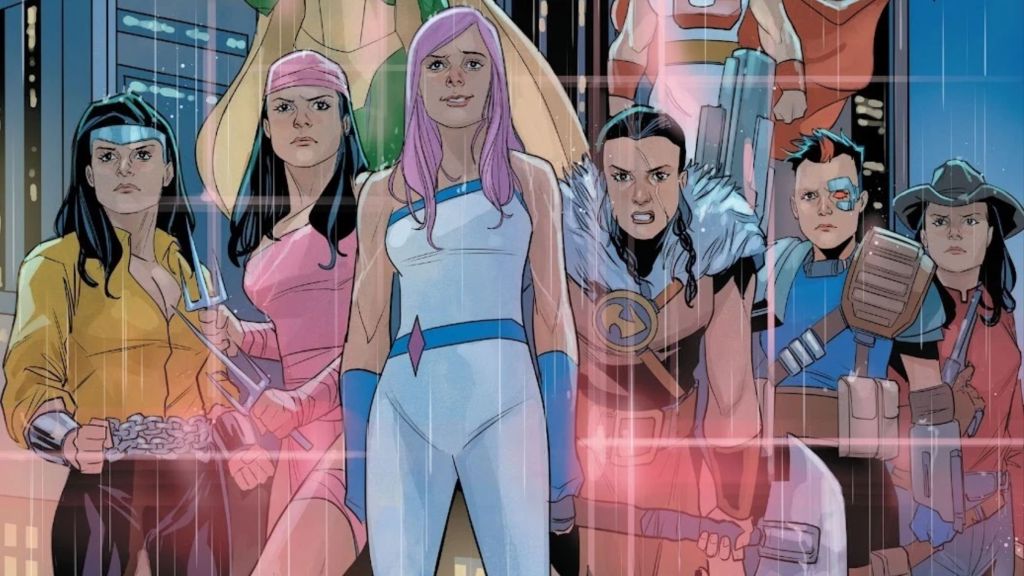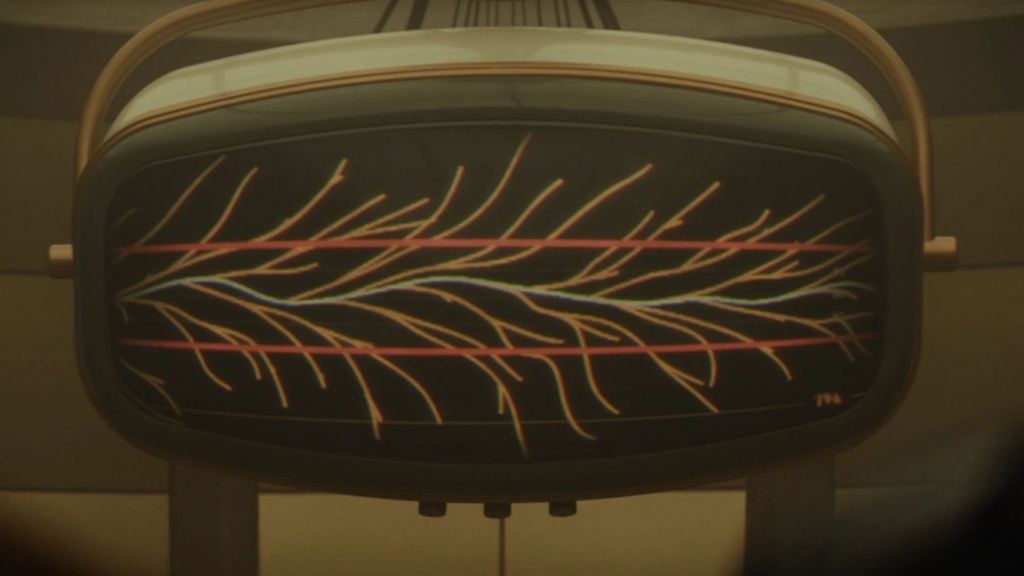Alternate universes have been a thing in comics for decades, especially when discussing Marvel and DC Comics. However, it’s safe to say that they have recently hit new heights in popularity, thanks to the Absolute Universe, Marvel’s Ultimate Universe, and Marvel Cinematic Universe (MCU) introduction of the Multiverse, which has already spanned several projects. This begs the question: Why are alternative universes so popular? Truthfully, there are several reasons why creative teams enjoy utilizing a multiverse format and even more reasons for fans to appreciate the stories stemming from these various universes. The simplest answer is that variety is the spice of life, and the universe opens the doors to many new adventures, and there’s nothing wrong with fans enjoying that.
Videos by ComicBook.com
Both Marvel and DC Comics have an extensive history with multiverses. One of DC’s most famous events, Crisis on Infinite Earths, was made possible thanks to the multiverse. Likewise, Marvel has been playing around with this concept for decades. No matter where fans look, they’re bound to find at least a hint of the multiverses and alternate universes tucked into these comic book franchises.
A Quick History of Comic Multiverses

We could write all day about the history of comic book multiverses and barely make a dent, but we can quickly discuss a few highlights readers should be aware of. One of the first recorded appearances of the multiverse, in superhero comics, occurred in 1953, thanks to Wonder Woman #59. Marvel would eventually dive into the multiverse game, but it would take them many more years. Instead, Marvel enjoyed experimenting with different dimensions (which are admittedly different locations but shouldn’t be confused with different universes).
One of Marvel’s earliest forays into the multiverse came with its first What…If? series. So that’s another reason for Marvel fans to love this storytelling format! From here, both publishers would continue to experiment with the multiverse, eventually understanding that they needed to establish prime universes as a way of clarifying stories for readers. In other words, the prime universes (Earth-Prime and Earth-616, respectively) would become the main storylines, but other universes could carry on, telling different stories.
[RELATED: With the Absolute Universe Expanding, Where’s Robin?]
The Benefits of Multiversal Stories

There are countless benefits to comics utilizing the multiverse format. First and foremost, it enables creatives to take familiar concepts (characters, worlds, powers, etc.) and port them into new stories. This does two things: first, it breathes fresh air into potentially tired stories, and second, it’s a quicker way of diving into new stories. Leaning on this method lets creators skip a lot of the heavy lifting when it comes to creating an entirely new story or universe.
Ask any creative in comics, and they’ll probably list a series (or character) they desperately want to write for. By opening the multiversal door, more creatives can step in and tell the stories they want about their favorite characters. More importantly, a multiverse can let creatives off the leash, as they face fewer restrictions than the primary universe. We never would have gotten stories like Watchmen or Marvel Zombies without a multiverse in play.
Let’s look at a few modern examples. The Absolute Universe is a new universe created within DC Comics, where familiar characters (Batman, Superman, Wonder Woman, etc.) have been given entirely new backstories. It’s changed things up, but the core of the character is familiar enough that readers don’t need to be fed every tiny detail. Then there’s Marvel, which recently introduced a new take on their Ultimate Universe. They’ve also been focusing on bringing the multiverse to the MCU. Loki, Spider-Man: Into the Spider-Verse, What…If? and Doctor Strange and the Multiverse of Madness all experimented with this format. The stories are wild, out of this world, and would never have been possible if constrained to one universe.
[RELATED: Meet the Guardians of the Galaxy in Marvel’s Ultimate Universe]
Why Multiverses Have Gained Popularity

As we’ve already addressed, alternate universes are not new, but they have certainly been trending recently. A lot of this has to do with the specific consent these publishers have been producing. Fans are reacting positively to DC’s Absolute Universe, which probably means the publisher will double down on this universe and maybe even start thinking longer-term about other universes to introduce. In particular, fans are appreciating the creative and different takes the Absolute Universe has to offer.
Conversely, there are several stories Marvel fans are enjoying. Earth-6160 may be a mirror universe to Earth-616, but it’s safe to say that the franchise has shaken things up, driving fan interaction like never before. While there’s no denying the fatigue some viewers are experiencing regarding the MCU, some of its best-received content in recent years has been related to the multiverse, including Loki and Peter Parker’s adventures.
To put it simply, fans love seeing more of the content and characters they cherish, but that can be challenging when stuck inside the same old box. By letting these characters and creatives explore new universes, everyone wins. We get the characters we love but with a fresh or surprising twist.








